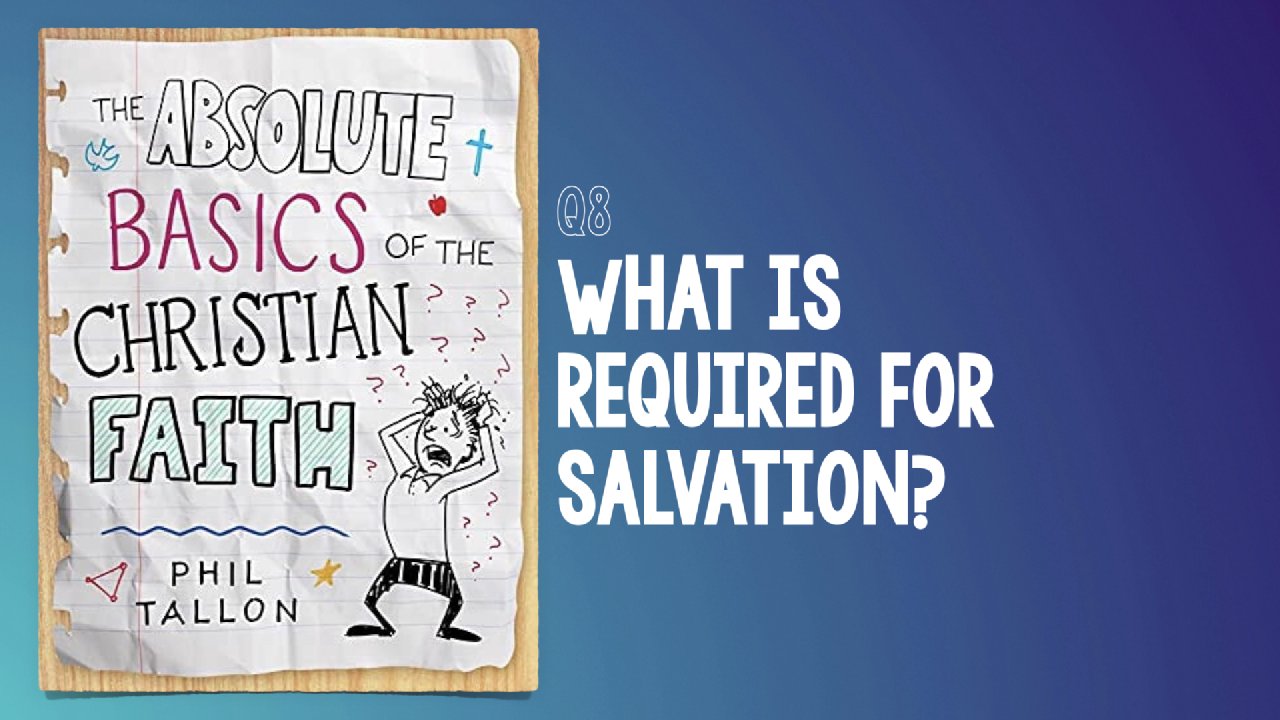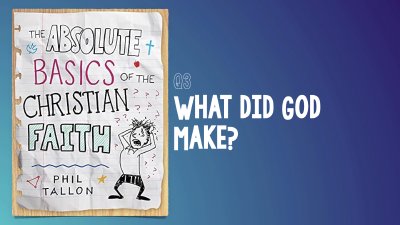Q: What is required for salvation?
A: We must repent and believe in Jesus Christ (Mark 1:15)
● Discussion Question: Look up and read Mark 1:15. What does it mean to repent? (To change your mind and behavior.) What does it mean to believe? (To fully trust God.)
○ The lesson used the analogy of a rebellion against a good king by a group of citizens. How do people rebel against God? What makes it hard to surrender to God and God’s ways? What does God want us to do once we have surrendered to Him? (To trust Him and join His side.)
● Discussion Question: Repentance in the Bible means to “change your mind.” In other words, you completely change the way you were living. What happens when we mess up after our repentance? What is the response when we make choices like we did before we “changed our mind”?
● Discussion Question: The Greek word for the word believe in the New Testament implies not just intellectual agreement with an idea, but a level of trust. How can we continue to trust even when we still have some intellectual doubts?
● Discussion Question: The Bible lays out the two things required for salvation: repentance and belief. What are some examples of things some people add to those requirements? How is that addition wrong? What about examples of people subtracting from those requirements, and how is that wrong?
● Discussion Question: What are some actions and habits that reflect a person that has repented and believes? Are these a requirement for salvation?
● Discussion Question: What was the most important idea you learned from this lesson? Is there anything you still don’t understand?
Application Question: Is there an area of your life where you think God is calling you to repent, or to trust in Him more fully? (This is an important question.)








